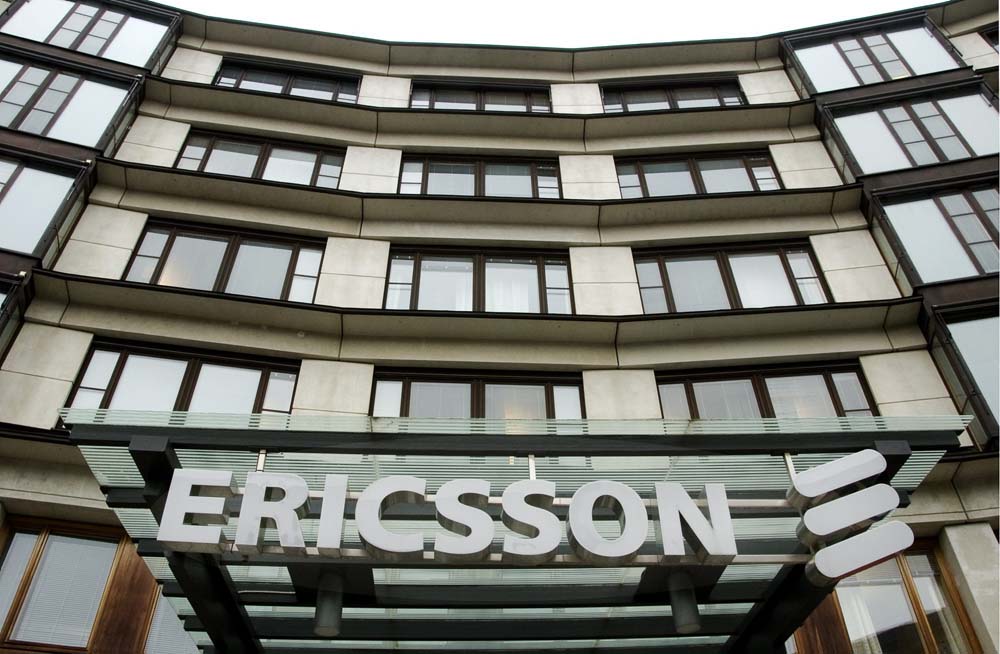Findings from the latest edition of the Ericsson Mobility Report, published today, show that the total number of mobile subscriptions in Q1 2015 was around 910 million for all of Africa, including 21 Million new subscriptions. The report further shows that by 2020 advanced mobile technology will be commonplace around the globe: smartphone subscriptions will more than double, reaching 6.1 billion, 70% of the world’s population will be using smartphones, and 90 percent will be covered by mobile broadband networks.
The report, a comprehensive update on mobile trends, shows that growth in mature markets comes from an increasing number of devices per individual. In developing regions, it comes from a swell of new subscribers as smartphones become more affordable; almost 80% of smartphone subscriptions added by year-end 2020 will be from Asia Pacific, the Middle East, and Africa.
The report shows that in Sub-Saharan Africa, GSM/EDGE-only subscriptions will remain predominant up to 2020, due to the high number of lower income consumers using 2G-enabled handsets.
With the continued rise of smartphones comes an accelerated growth in data usage: smartphone data is predicted to increase ten-fold by 2020, when 80 percent of all mobile data traffic will come from smartphones. Average monthly data usage per smartphone in North America will increase from 2.4 GB today to 14 GB by 2020.
Rima Qureshi, Senior Vice President, Chief Strategy Officer, Ericsson, says: ‘This immense growth in advanced mobile technology and data usage, driven by a surge in mobile connectivity and smartphone uptake, will makes today’s big data revolution feel like the arrival of a floppy disk. We see the potential for mass-scale transformation, bringing a wealth of opportunities for telecom operators and others to capture new revenue streams. But it also requires greater focus on cost efficient delivery and openness to new business models to compete and remain effective.’
An expanding range of applications and business models coupled with falling modem costs are key factors driving the growth of connected devices. Added to this, new use cases are emerging for both short and long range applications, leading to even stronger growth of connected devices moving forward. Ericsson’s forecast, outlined in the report, points to 26 billion connected devices by 2020, confirming we are well on the way to reaching the vision of 50 billion connected devices.
Each year until 2020, mobile video traffic will grow by a staggering 55 percent per year and will constitute around 60 percent of all mobile data traffic by the end of that period. Growth is largely driven by shifting user preferences towards video streaming services, and the increasing prevalence of video in online content including news, advertisements and social media.
When looking at data consumption in advanced mobile broadband markets, findings show a significant proportion of traffic is generated by a limited number of subscribers. These heavy data users represent 10 percent of total subscribers but generate 55 percent of total data traffic. Video is dominant among heavy users, who typically watch around one hour of video per day, which is 20 times more than the average user.
The Ericsson Mobility Report shares forecast data, analysis and insight into mobile traffic, subscriptions, and consumer behavior to provide insight into current traffic and market trends in today’s Networked Society.
Ericsson regularly performs traffic measurements in over 100 live networks in all major regions of the world. Detailed measurements are made in a selected number of commercial WCDMA/HSPA and LTE networks with the purpose of discovering different traffic patterns.

